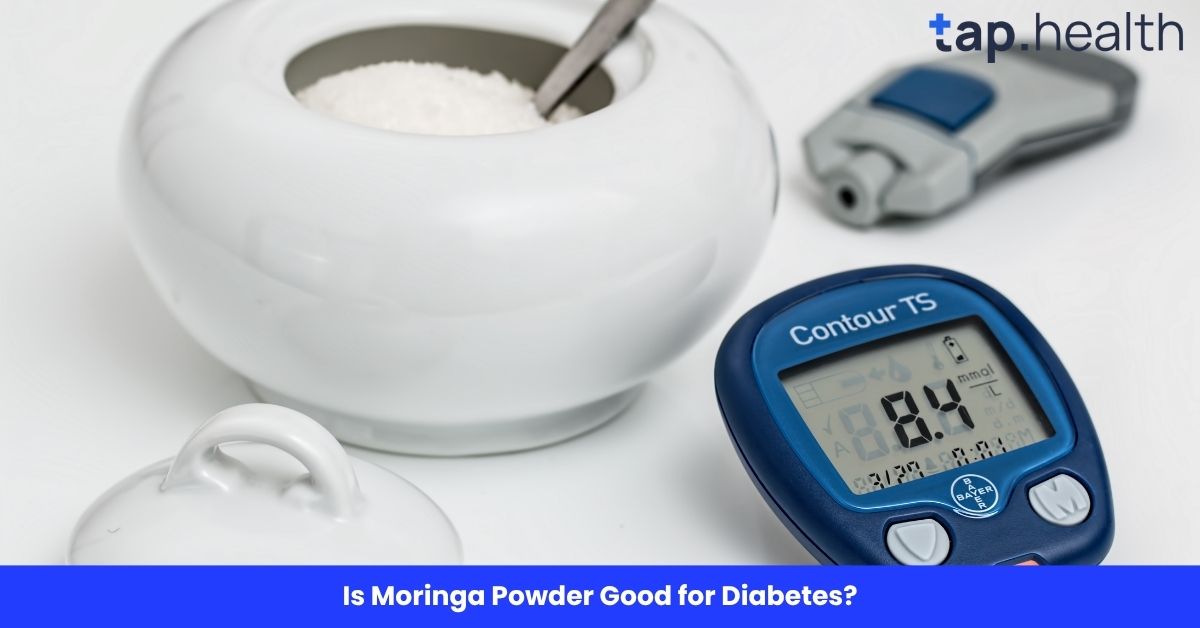Potassium is a vital mineral that plays a crucial role in maintaining various bodily functions, including heart health, muscle function, and nerve signaling. Incorporating potassium-rich foods into your diet is essential for overall well-being. One popular and delicious source of potassium is pomegranate juice. But how much potassium is in pomegranate juice, and what benefits does it offer? Let’s explore this topic in detail to help you make informed dietary choices.
Understanding Potassium
Before diving into the specifics of pomegranate juice, it’s important to understand what potassium is and why it matters.
What is Potassium?
Potassium is an essential electrolyte and mineral found in every cell of your body. It helps regulate fluid balance, muscle contractions, and nerve signals. Maintaining adequate potassium levels is crucial for:
- Heart Function: Helps regulate heartbeats and maintain a healthy rhythm.
- Muscle Function: Essential for muscle contractions, including those of the heart.
- Nerve Function: Facilitates proper nerve signal transmission.
- Blood Pressure Regulation: Helps balance the effects of sodium, thereby lowering blood pressure.
- Bone Health: Contributes to bone density and strength.
Daily Potassium Requirements
The recommended daily intake of potassium varies based on age, sex, and life stage:
- Adult Men: Approximately 3,400 mg per day.
- Adult Women: Approximately 2,600 mg per day.
- Children and Adolescents: Varies by age, generally ranging from 2,000 to 3,000 mg per day.
Potassium Content in Pomegranate Juice
Pomegranate juice is not only rich in antioxidants but also a significant source of potassium. Understanding the potassium content in pomegranate juice can help you incorporate it effectively into your diet.
How Much Potassium is in Pomegranate Juice?
The potassium content in pomegranate juice can vary slightly based on the brand and preparation method. However, on average:
- 1 Cup (240 ml) of Pomegranate Juice: Approximately 400 mg of potassium.
This amount contributes to about 11-15% of the daily recommended potassium intake for adults, depending on individual requirements.
Also read this – does pomegranate juice increase platelets
Comparing Potassium in Pomegranate Juice to Other Beverages
To put it into perspective, here’s how pomegranate juice stacks up against other common beverages in terms of potassium content:
- Orange Juice (1 cup): ~500 mg
- Apple Juice (1 cup): ~240 mg
- Coconut Water (1 cup): ~600 mg
- Milk (1 cup): ~380 mg
Pomegranate juice provides a competitive potassium content, making it a valuable addition to a potassium-rich diet.
Health Benefits of Potassium in Pomegranate Juice
The potassium present in pomegranate juice offers numerous health benefits, enhancing the overall nutritional profile of this delicious beverage.
1. Heart Health
Potassium helps regulate heart function by maintaining proper heart rhythms and reducing the risk of arrhythmias. Additionally, it works synergistically with magnesium to lower blood pressure, thereby reducing the risk of heart disease and stroke.
2. Blood Pressure Regulation
High blood pressure is a major risk factor for cardiovascular diseases. Potassium counteracts the effects of sodium in the body, helping to relax blood vessel walls and excrete excess sodium through urine. Regular consumption of potassium-rich foods like pomegranate juice can contribute to healthier blood pressure levels.
3. Muscle Function and Recovery
Potassium is essential for proper muscle contractions. It helps prevent muscle cramps and supports muscle recovery post-exercise. Athletes and active individuals can benefit from the potassium content in pomegranate juice to maintain optimal muscle function.
4. Nerve Function
Potassium facilitates the transmission of nerve impulses, ensuring that signals between the brain and various parts of the body are efficiently communicated. This is vital for maintaining coordination and reflexes.
5. Bone Health
Adequate potassium intake is associated with better bone density. By neutralizing acids in the body, potassium helps prevent calcium loss from bones, thereby reducing the risk of osteoporosis.
Additional Nutritional Benefits of Pomegranate Juice
Beyond potassium, pomegranate juice is packed with other essential nutrients and bioactive compounds that contribute to its health benefits.
1. Antioxidants
Pomegranate juice is rich in antioxidants like punicalagins and anthocyanins, which help combat free radicals and reduce oxidative stress. This can lower the risk of chronic diseases, including cancer and heart disease.
2. Vitamins and Minerals
In addition to potassium, pomegranate juice provides vitamins C and K, which support immune function, skin health, and bone health.
3. Fiber
While pomegranate juice contains less fiber compared to whole pomegranates, it still contributes to digestive health by promoting regular bowel movements and supporting gut microbiota.
Potential Concerns and Considerations
While pomegranate juice offers numerous health benefits, it’s important to consume it mindfully, especially if you have specific health conditions.
1. Sugar Content
Pomegranate juice contains natural sugars, which can contribute to increased calorie intake and potential blood sugar spikes. Individuals with diabetes or those monitoring their sugar intake should consume pomegranate juice in moderation and opt for unsweetened varieties.
2. Caloric Intake
A single cup of pomegranate juice contains approximately 135 calories. While it’s a nutritious beverage, excessive consumption can contribute to weight gain, especially if not balanced with physical activity.
3. Medication Interactions
Pomegranate juice can interact with certain medications, including:
- Blood Thinners: It may increase the risk of bleeding when taken with medications like warfarin.
- Blood Pressure Medications: Combining pomegranate juice with these medications can cause blood pressure to drop too low.
- Statins: Pomegranate juice might interfere with cholesterol-lowering medications.
Consult your doctor before adding pomegranate juice to your diet, especially if you’re taking any medications.
4. Allergies
Some individuals may be allergic to pomegranates. If you experience symptoms like itching, swelling, or difficulty breathing after consuming pomegranate juice, seek medical attention immediately.
How to Incorporate Pomegranate Juice into Your Diet
Integrating pomegranate juice into your daily routine is easy and can enhance your overall nutrient intake. Here are some tips and recipe ideas:
1. Morning Boost
Start your day with a glass of pomegranate juice. It can be a refreshing addition to your breakfast, providing a quick source of energy and essential nutrients.
2. Smoothies
Blend pomegranate juice with other fruits, vegetables, and protein sources to create nutrient-packed smoothies. For example:
Pomegranate Berry Smoothie
- 1 cup pomegranate juice
- 1 banana
- 1/2 cup frozen berries
- 1/2 cup Greek yogurt
- 1 tablespoon chia seeds
3. Salad Dressings
Use pomegranate juice as a base for homemade salad dressings. It adds a sweet-tart flavor that complements various greens and vegetables.
Pomegranate Vinaigrette
- 1/2 cup pomegranate juice
- 1/4 cup olive oil
- 2 tablespoons balsamic vinegar
- 1 tablespoon Dijon mustard
- Salt and pepper to taste
4. Marinades and Glazes
Incorporate pomegranate juice into marinades for meats and vegetables. Its natural acidity helps tenderize proteins while adding depth of flavor.
Pomegranate Glazed Chicken
- 4 chicken breasts
- 1 cup pomegranate juice
- 2 tablespoons honey
- 1 tablespoon soy sauce
- 2 cloves garlic, minced
- Salt and pepper to taste
5. Healthy Snacks
Pair pomegranate juice with nuts or yogurt for a balanced and satisfying snack.
Pomegranate Yogurt Parfait
- 1 cup Greek yogurt
- 1/2 cup pomegranate juice
- 1/4 cup granola
- 1/2 cup fresh pomegranate seeds
Potential Challenges and How to Overcome Them
1. Taste Preferences
Not everyone enjoys the taste of pomegranate juice on its own. If you find it too tart or sweet, try mixing it with other juices or incorporating it into recipes like smoothies and dressings to make it more palatable.
2. Cost and Availability
Pomegranate juice can be more expensive and less readily available than other fruit juices. Look for sales, buy in bulk, or consider making your own juice at home if you have access to fresh pomegranates.
3. Sugar Intake Concerns
For those monitoring their sugar intake, the natural sugars in pomegranate juice can be a concern. Opt for unsweetened varieties and limit your daily consumption to manage your sugar intake effectively.
4. Medication Interactions
As mentioned earlier, pomegranate juice can interact with certain medications. To avoid potential issues, always consult with your healthcare provider before adding it to your diet, especially if you’re taking blood thinners or blood pressure medications.
Frequently Asked Questions on How Much Potassium is in Pomegranate Juice?
1. Can I drink pomegranate juice every day?
Yes, you can enjoy pomegranate juice daily as part of a balanced diet. Aim for a serving size of 8 ounces to gain its benefits without excessive sugar intake.
2. Is pomegranate juice good for weight loss?
Pomegranate juice can be a healthy addition to a weight loss plan due to its nutrients and antioxidants. However, be mindful of portion sizes to avoid excess calories.
3. How does pomegranate juice compare to eating whole pomegranates?
While pomegranate juice provides many nutrients, eating whole pomegranates offers additional benefits like fiber, which aids digestion and keeps you feeling full longer.
4. Can pomegranate juice help lower blood pressure?
Yes, the potassium in pomegranate juice helps balance sodium levels, which can contribute to lower blood pressure. Combined with other heart-healthy habits, it can be beneficial.


